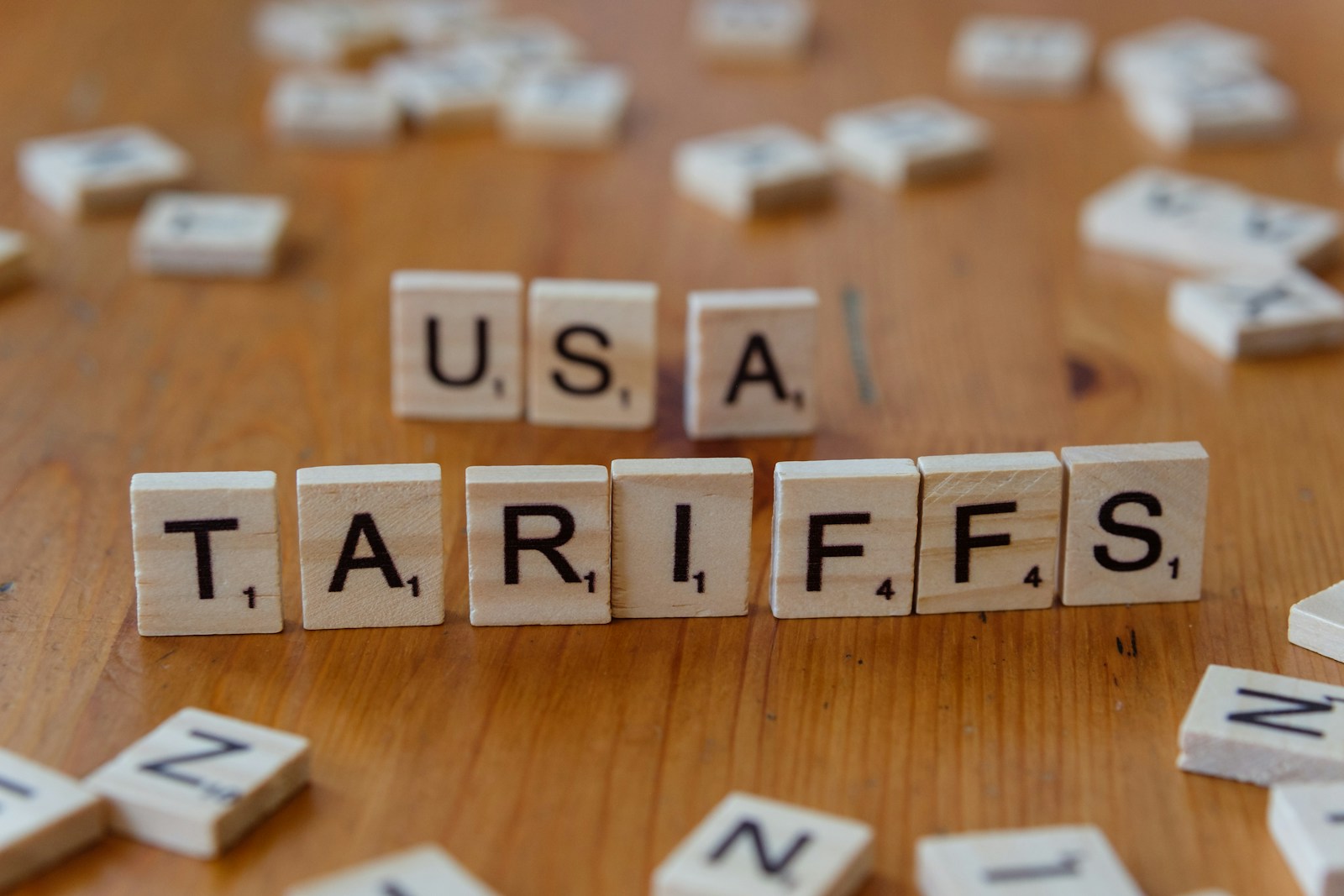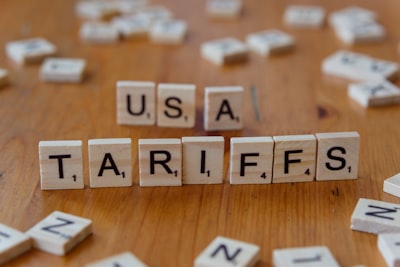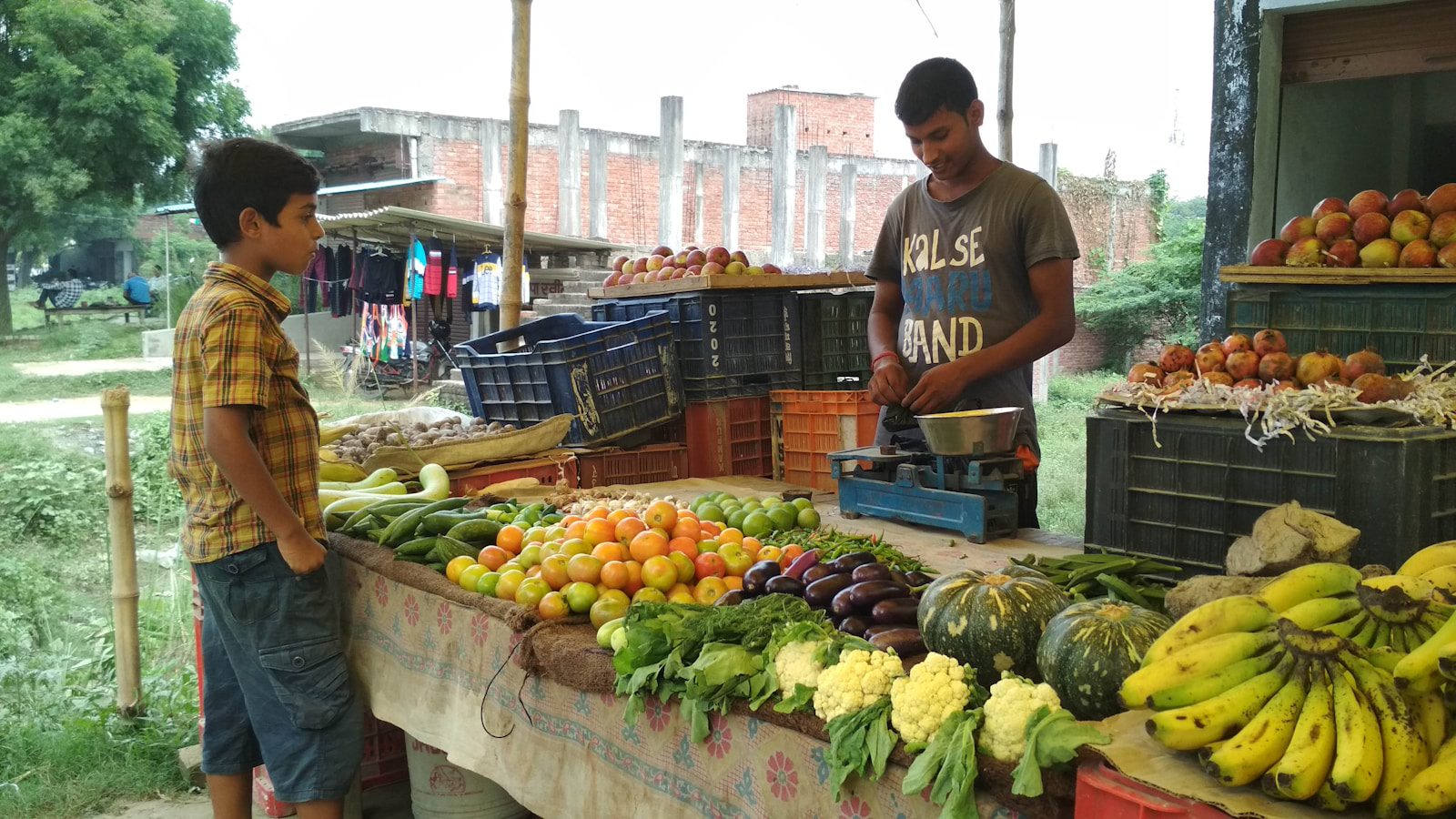South Africa May Reap Short-Term Gains from US Tariffs: A Look at Coffee Prices and Beyond
In the world of global trade, the ripple effects of policy decisions often extend far beyond the immediate countries involved. One of the more surprising recent developments is the imposition of new tariffs by the United States, which is causing a shift in the global economic landscape. While tariffs are generally seen as an obstacle to free trade, South Africa stands to gain from these changes in the short term. Among the most notable benefits are reduced prices for consumer goods like coffee, a commodity of significant interest to the South African market.
The Ripple Effects of US Tariffs
When the US imposes tariffs on certain imported goods, the countries affected often find themselves dealing with higher costs for the goods they import from the US. However, in this case, South Africa could actually find some economic relief from these new tariffs, even as they hurt other economies.
One of the more immediate benefits could come in the form of lower coffee prices. The global coffee trade is heavily influenced by US consumption patterns, and any tariffs affecting coffee-related imports to the US could cause shifts in supply chains that benefit other countries, including South Africa. For instance, coffee suppliers looking to avoid US tariffs might redirect their supply routes, leading to more competitive pricing in South Africa.
The Coffee Trade: A Look at Supply and Demand
South Africa is one of the largest coffee consumers in Africa, and the price of coffee is a key concern for both businesses and households alike. The country’s reliance on coffee imports means that any fluctuations in global coffee prices are keenly felt. A rise in prices could have a negative impact on consumers, pushing up costs for cafes, restaurants, and individuals who purchase coffee beans and grounds.
With the US imposing tariffs on coffee imports, suppliers in other regions, such as Latin America and Asia, could see an opportunity to diversify their markets. This could create a situation where South African buyers have access to more competitive pricing as producers look for alternative markets to sell their coffee. The result could be a temporary decrease in coffee prices within South Africa, benefiting both consumers and local coffee-related businesses.
Economic and Trade Shifts: South Africa’s Position
While South Africa’s economy is often tied to global trade patterns, the specific impacts of US tariffs on the country’s broader economic performance are nuanced. For the most part, South Africa imports a range of goods from the United States, including machinery, chemicals, and agricultural products. These products are often subject to tariffs, meaning South African companies could face higher prices for American goods.
However, the US tariffs also open up opportunities for South Africa to strengthen trade relationships with countries outside of the US sphere. With tariffs potentially shifting global trade routes and increasing costs in the US, South Africa might find itself in a stronger position to negotiate deals with other emerging economies, especially those in Africa, Asia, and Latin America. By diversifying its trade partnerships, South Africa could mitigate some of the challenges posed by US tariffs, gaining more control over its trade routes and economic future.
The Role of Coffee Imports and Domestic Production
For many South Africans, the direct effects of the US tariffs will be felt in the cost of everyday goods, including coffee. However, the nation also has an emerging domestic coffee industry that could benefit from these changes. South Africa has begun cultivating its own coffee crops, particularly in areas like Limpopo and KwaZulu-Natal. While the domestic coffee industry is still relatively small, its growth could be accelerated by changes in the global coffee trade driven by US tariffs.
The growth of local coffee production is a step toward greater self-sufficiency, and in the long term, it could help stabilize the coffee market within South Africa. If more South African-grown coffee enters the local market, it could reduce the nation’s dependence on imports, ultimately benefiting both consumers and farmers. Additionally, as global markets become more attuned to trade shifts, local farmers could find new export opportunities in neighboring African countries or even in Europe, should the tariffs lead to price increases in other markets.
Short-Term Benefits, Long-Term Implications
In the short term, the US tariffs could provide South Africa with a window of opportunity to lower costs for certain goods and strengthen its position in global trade. While it is unclear how long these benefits will last, the impact on coffee prices is likely to be felt most directly in the coming months, as global supply chains adjust to the new tariff landscape.
Yet, it is important to note that these short-term gains may come with long-term challenges. South Africa’s economic landscape is complex, and its reliance on global trade networks means that it cannot entirely avoid the negative effects of international tariffs. In the long run, South Africa must continue to work towards diversifying its economy and securing its place in the global market, regardless of temporary shifts caused by US tariffs.
Conclusion: A Mixed Outlook for South Africa
In the wake of new US tariffs, South Africa is poised to experience a range of short-term economic shifts, with lower coffee prices being one of the most immediately noticeable benefits. As global trade routes adjust and suppliers seek new markets, South African consumers could find some relief in their grocery bills, and local coffee businesses may see new opportunities.
However, it is crucial to recognize that these gains are temporary and come amid larger global trade disruptions. South Africa must remain agile and proactive in developing alternative trade relationships, investing in domestic production, and ensuring that any short-term benefits are leveraged to support long-term economic stability. The country’s ability to navigate these challenges will determine how effectively it can capitalize on the current trade environment while preparing for future global shifts.
For more news: africatrademonitor.com




